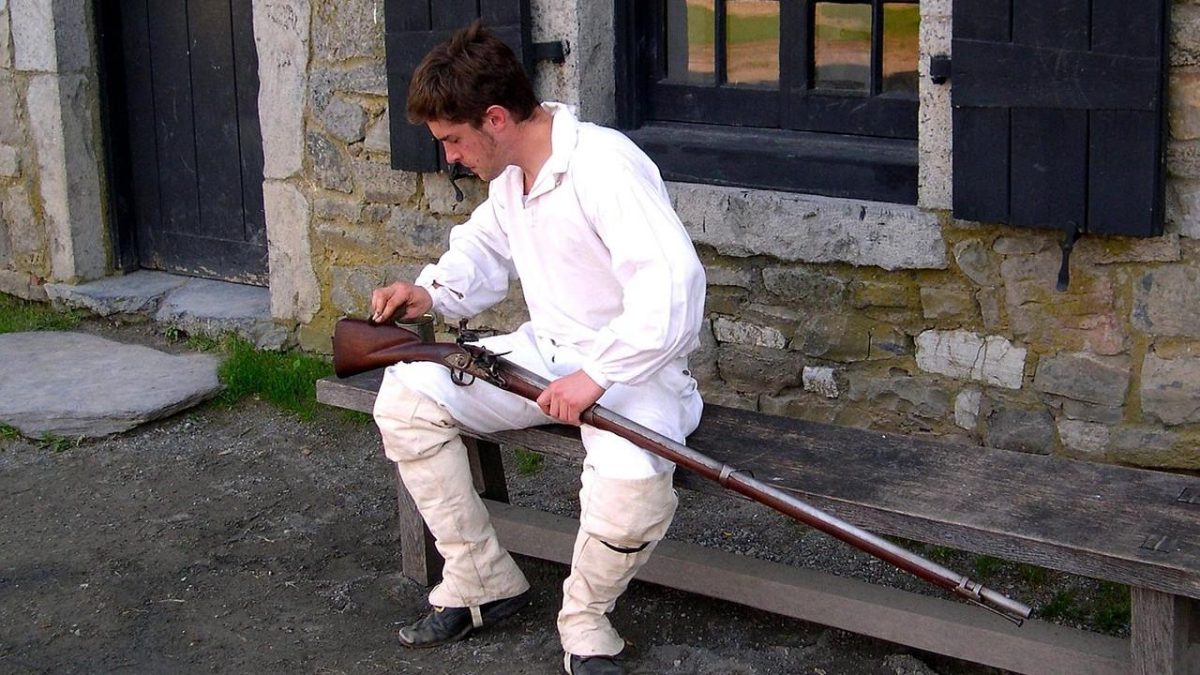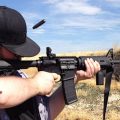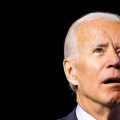Why do you suppose the First Amendment says, “Congress shall make no law…” while the Second Amendment says, “shall not be infringed”? Clearly, there is a difference in these statements. One limits a specific entity of government while the other is a blanket and all-encompassing statement.
The right to keep and bear arms as recognized by the U.S. Constitution also contains the reasoning for its existence, explaining that “A well regulated Militia” is “necessary to the security of a free State.”
While modern critics try to use this explanation as a limitation, it must be looked at in the proper historical context. In 1786, citizens in Western Massachusetts took up arms in opposition to economic injustices imposed by the state government. This conflict came to be known as “Shays’ Rebellion.”
In a 1787 letter to William Stephens Smith, the son-in-law of John Adams, Thomas Jefferson wrote extensively about this conflict.
“God forbid we should ever be 20. years without such a rebellion. … What country before ever existed a century and half without a rebellion? And what country can preserve it’s liberties if their rulers are not warned from time to time that their people preserve the spirit of resistance? Let them take arms. The remedy is to set them right as to facts, pardon and pacify them. What signify a few lives lost in a century or two? The tree of liberty must be refreshed from time to time with the blood of patriots and tyrants. It is it’s natural manure.”
It was within this context that the Bill of Rights (including the Second Amendment) was adopted and ratified. The idea of armed insurrection against the government wasn’t just theoretical, the country was quite literally founded on it, and more such conflicts were already taking place in the nascent republic.
In the Federalist Papers No 29, Alexander Hamilton discussed the concept of the militia, highlighting the fact that it was not — and should not be — an organized military force.
“The project of disciplining all the militia of the United States is as futile as it would be injurious, if it were capable of being carried into execution.”
He went to highlight the one important aspect that should be assured for this unorganized militia, however — weapons.
“Little more can reasonably be aimed at, with respect to the people at large, than to have them properly armed and equipped.”
He then took pains to severely criticize anyone who opposed this arrangement:
“There is something so far-fetched and so extravagant in the idea of danger to liberty from the militia, that one is at a loss whether to treat it with gravity or with raillery; whether to consider it as a mere trial of skill, like the paradoxes of rhetoricians; as a disingenuous artifice to instil prejudices at any price; or as the serious offspring of political fanaticism. Where in the name of common-sense, are our fears to end if we may not trust our sons, our brothers, our neighbors, our fellow-citizens? What shadow of danger can there be from men who are daily mingling with the rest of their countrymen and who participate with them in the same feelings, sentiments, habits and interests?”
The context of the “militia” referenced in the Second Amendment is quite clear. It is “our sons, our brothers, our neighbors, [and] our fellow-citizens” who are “properly armed and equipped.”
But what was the anticipated purpose of this unorganized militia? Was it merely to resist foreign invasion or quell domestic upheaval? Was it conceivable that this militia might ever be used against the government rather than at its behest?
In the Federalist Papers No 46, James Madison (the primary author of the Constitution) goes into detail about how the militia would outnumber and could defeat a regular army that was “entirely at the devotion of the federal government.” Such a federal force could be defeated, argues Madison, because “the State governments, with the people on their side, would be able to repel the danger.”
“To these [federal forces] would be opposed a militia amounting to near half a million of citizens with arms in their hands, officered by men chosen from among themselves, fighting for their common liberties, and united and conducted by governments possessing their affections and confidence. It may well be doubted, whether a militia thus circumstanced could ever be conquered by such a proportion of regular troops.”
Could our founders conceive of armed revolution against the federal government? Indeed they could. The author of the Constitution made it clear that the militia’s ability to defeat the federal government in open combat was a feature and not a bug of the system he had helped design.
Madison went on to write of the “advantage of being armed, which the Americans possess over the people of almost every other nation” and the distinction between this and the “kingdoms of Europe” where “the governments are afraid to trust the people with arms.”
Today, we have leftists arguing that the people should not possess “weapons of war” and asking rhetorically why they need powerful weapons capable of quickly firing many rounds of high-velocity ammunition. The answer is clear. The Second Amendment was never about hunting deer or countering criminals.
The Second Amendment was written to ensure that the American people — “our sons, our brothers, our neighbors, [and] our fellow-citizens” — be “properly armed and equipped” to “defend the rights of which they would be in actual possession.”
The United States of America were founded through armed revolution against the British crown, and the ongoing right to revolution is inherent in the founding documents of this country. The Declaration of Independence explicitly recognizes the “Right of the People to alter or to abolish” a government that has become destructive of individual liberties. The U.S. Constitution provides the means through the unorganized militia (i.e. the People) with an irrevocable right to keep and bear arms. The Federalist Papers wargame scenarios in which the States and the People handily defeat a tyrannical federal government in open combat.
What would Thomas Jefferson, Alexander Hamilton, and James Madison say if they saw the state of this country in 2022? Would they be calling for “common sense gun control” and suggesting that your right to rainwater was a federal matter? Would they support spending hundreds of billions of dollars expropriated from hardworking Americans on a regional conflict in Eastern Europe? Would they endorse the federal takeover of education and healthcare?
Or would these statesmen see such actions as “a long train of abuses and usurpations” against the people that revealed “a design to reduce them under absolute Despotism”?
Judging from history, I strongly suspect the latter.





